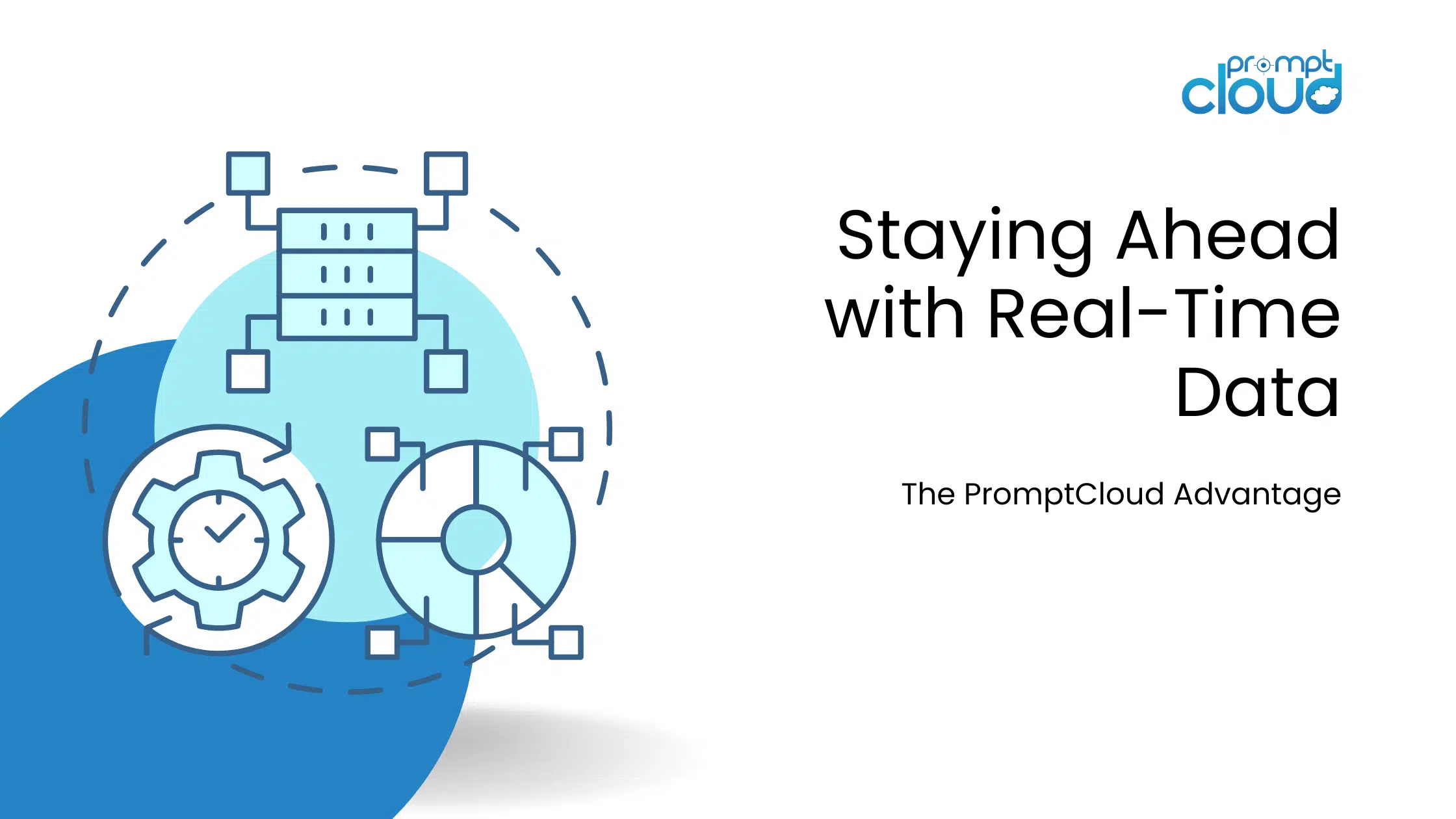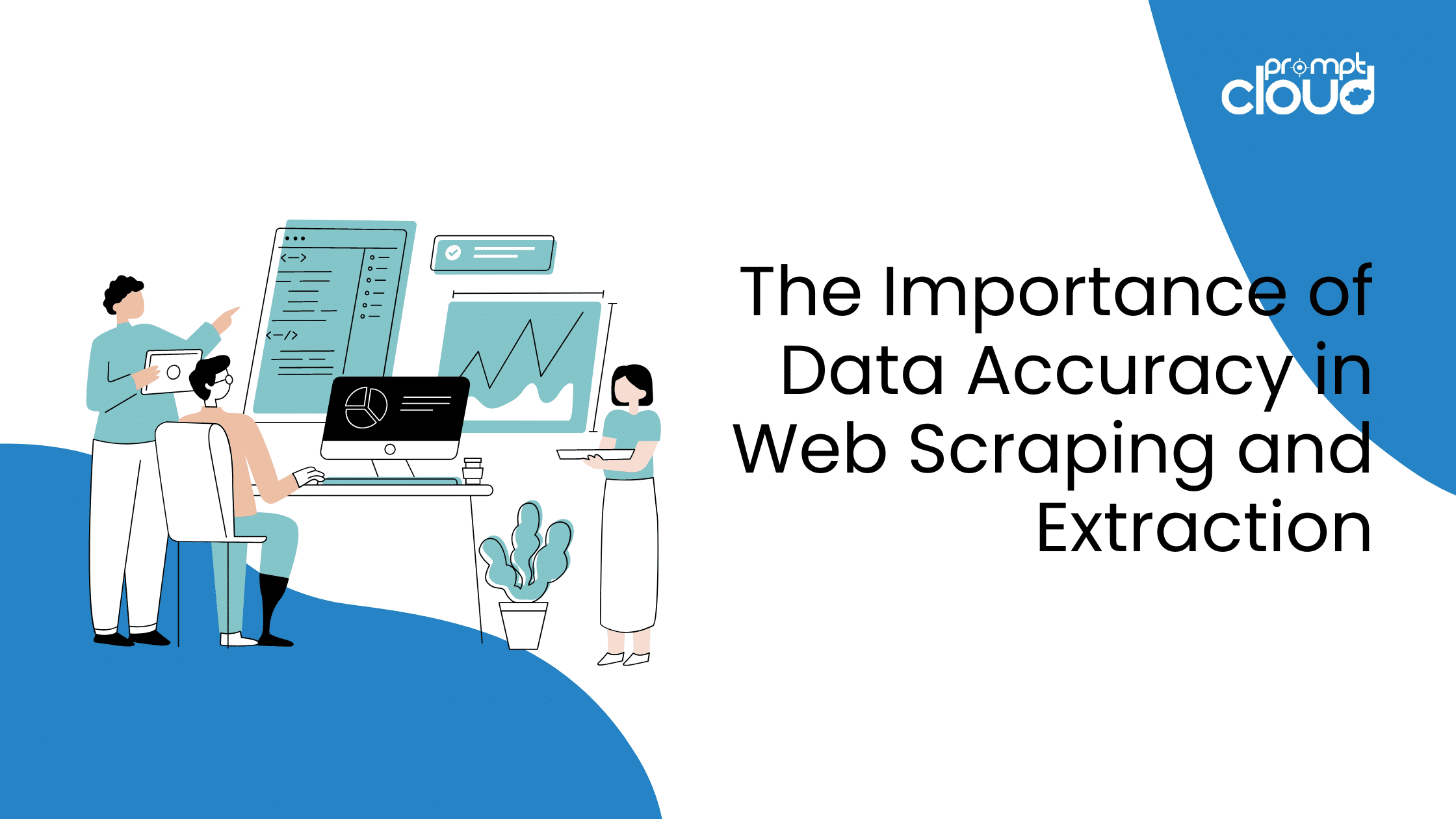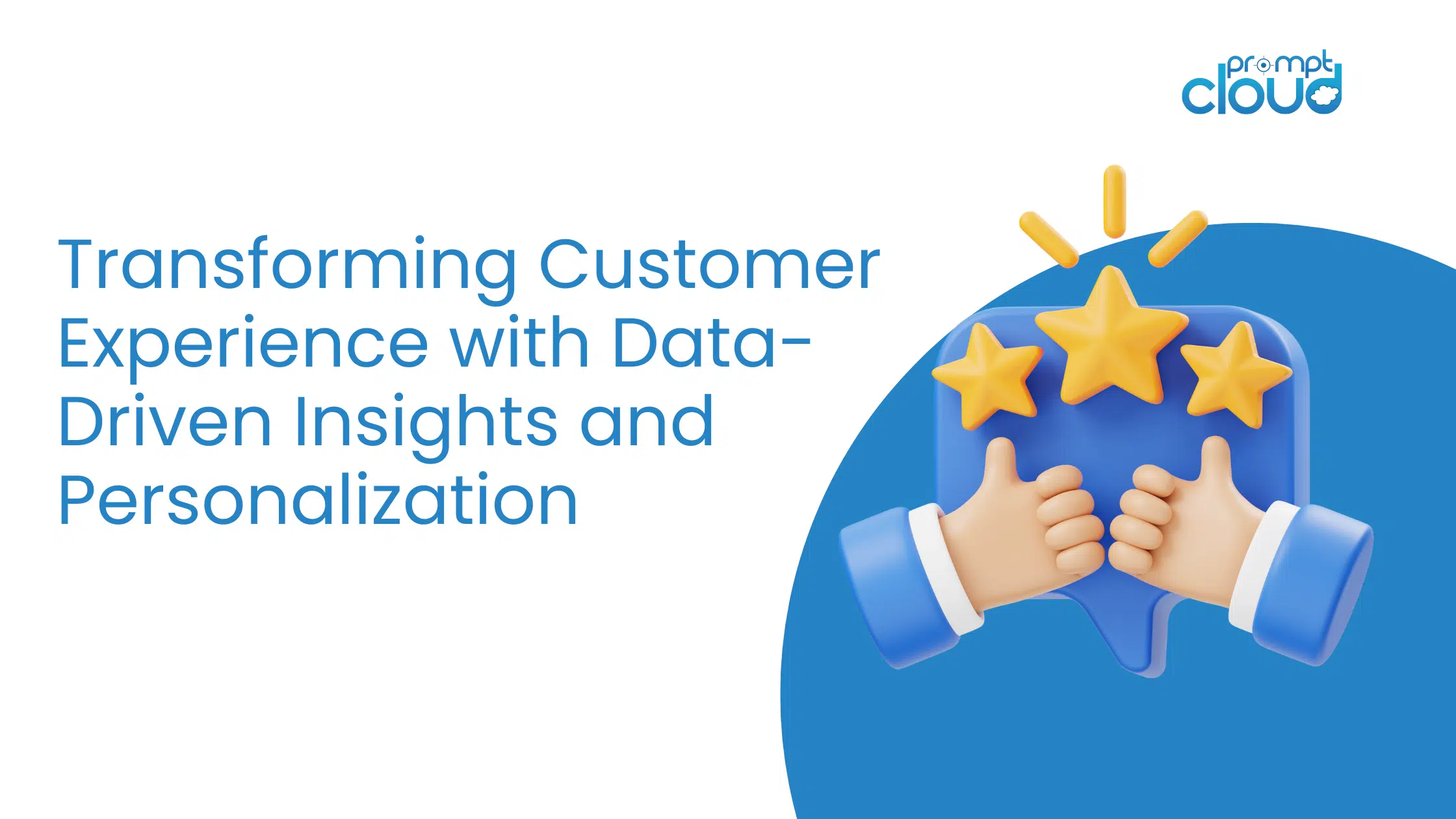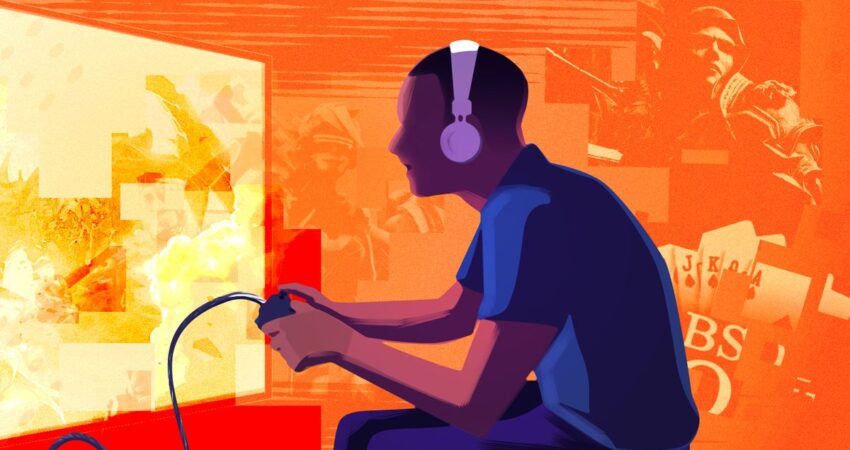
Introduction To Big Data In Gaming Industry
Let’s start with some figures. Do you know that almost 2.5 billion people play video games across the world as per some reports? The global video game industry is supposed to surpass $159 billion by 2020. In 2019, mobile games made up around 60% of the global gaming revenue. Big data in the gaming industry has its massive benefits.
With the growth of gamers who play on connected devices like mobile phones (especially in developing countries) or multiplayer games, the data generated by the gaming industry has increased manifold. For example, the growth of games like Pubg and Fortnite has seen millions of young and older gamers (many of whom never played a video game before), with nothing more than a mobile phone, and an internet connection with a speed of few Mbps, play together.
These games not only have in-game interactions between gamers, but also chat options, and even voice-chat support. Such functionalities, and interaction between gamers sitting at different ends of the globe. This generates Terabytes of data, which are then analyzed with the game manufacturers to roll out new features, both paid and free. Big data in the gaming industry has its massive benefits.
A growing trend (at least in the mobile platform) has been an increasing number of free-to-play games, with premium features and upgrades that one can buy- better known as freemium games. These paid features offer paid upgrades that can help you advance in the game faster than your mates or even specific weapons or clothes for your in-game avatar. With the help of existing data generated by gamers every day, these features are personalized to a very intimate level, to make more and more gamers opt for them.
Where Is The Data?
Gaming data comes in multiple forms. One of the biggest names in the market, Electronic Arts hosts almost 50 billion gameplay minutes over 2.5 billion game sessions every month. Multiply this the number of game manufacturers and the number of platforms available today. You can understand how much in-game data is waiting to get analyzed. Now, this in-game data can consist of multiple things-
- Glitches in the game that got logged into log files or got reported. Game developers can recreate the scenario and work towards fixing such issues.
- Game chats and voice messages are saved and tracked for complaints and issues against the game through sentiment analysis.
- In-game interaction between players is tracked via log files, and developers can make these more realistic with time, by analyzing thousands or even millions of interactions.
- In-game purchase data, in-game options selected by users, or any data generated by users in-game, that is not while the user is playing the game itself, are used to understand specific user behavior and hence promote targeted advertisements.
- Points in the game where the user finds it hard to complete tasks vs points where the tasks are too easy, these needs tracked and changes need to be made accordingly by users. This is done by analyzing similarities between gaming data generated by multiple users.
How Personalized Can a Video Game Be?
Based on all that we discussed above, I guess it is easy to understand just how much data gaming companies have on you, and your gaming style. Now imagine you are playing a single-player game, where online access is required for a smoother experience. But how can your experience improve through big data? Well, say you play a stage in the game for an hour. And in that hour you generate a few Gbs of log files. Big data in the gaming industry has its massive benefits.
Now, these log files analyzed by an intelligent system decide whether the difficulty of the next stage needs to be set below the previous one’s, above it, or at the same level. Such in-game user-experience handling would have been impossible without the use of big data. By leveraging such options, games no more ask you to select settings before you begin a game. Rather, based on your experience while playing a game, changes in settings are applied automatically. This sort of real-time monitoring of player data has risen with the rise of game-streaming and games which load a part of their data using the internet.
The Level Of Quality In The Game Is Increased With The Help Of Data
Are There Benefits Other Than A Better Video Game Experience?
Tracking data on your game and using it in real-time can work wonders for your company. Say you roll out a Christmas theme for your game, and it contains a bug. You are not tracking your data in real-time, but instead at the end of the day. In such a scenario, a downtime of even a few hours can result in a loss in revenue of tens of percentages.
Be it your marketing team, your designing, or even your finance team. Every part of the companies involved in making games benefit through big data. The marketing team knows what gamers love and what they hate. And hence will be advertising newer games in a “catchy” way. The designer knows what is in and what is out of trend by analyzing user sentiments. They can use this knowledge for new themes and updates. Finance teams can use data related to the purchase history of users. Growth in the number of paid users, and more, to plan out expenses a few months in advance.
Conclusion
While data-driven companies are winning, any company that leaves data on the table will lose out to its competitors. To make big data analytics work best, gaming companies have started to develop a data-driven culture. Collection of data, uniting internal and external data sources, visualization, and cleaning should lie ahead of analyzing to have the maximum impact.
While the big names in the industry have already leveraged data to come up on top. There is a lot of room for even smaller players to target segments that still have space left. From racing to open-world games, there are tons of different gaming modes to target. But to get to this point, and create a game that users will love, data is the ultimate answer. While data-driven gaming may not pay off in a short period. Big data is here to revolutionize gaming, and that is where the future lies.





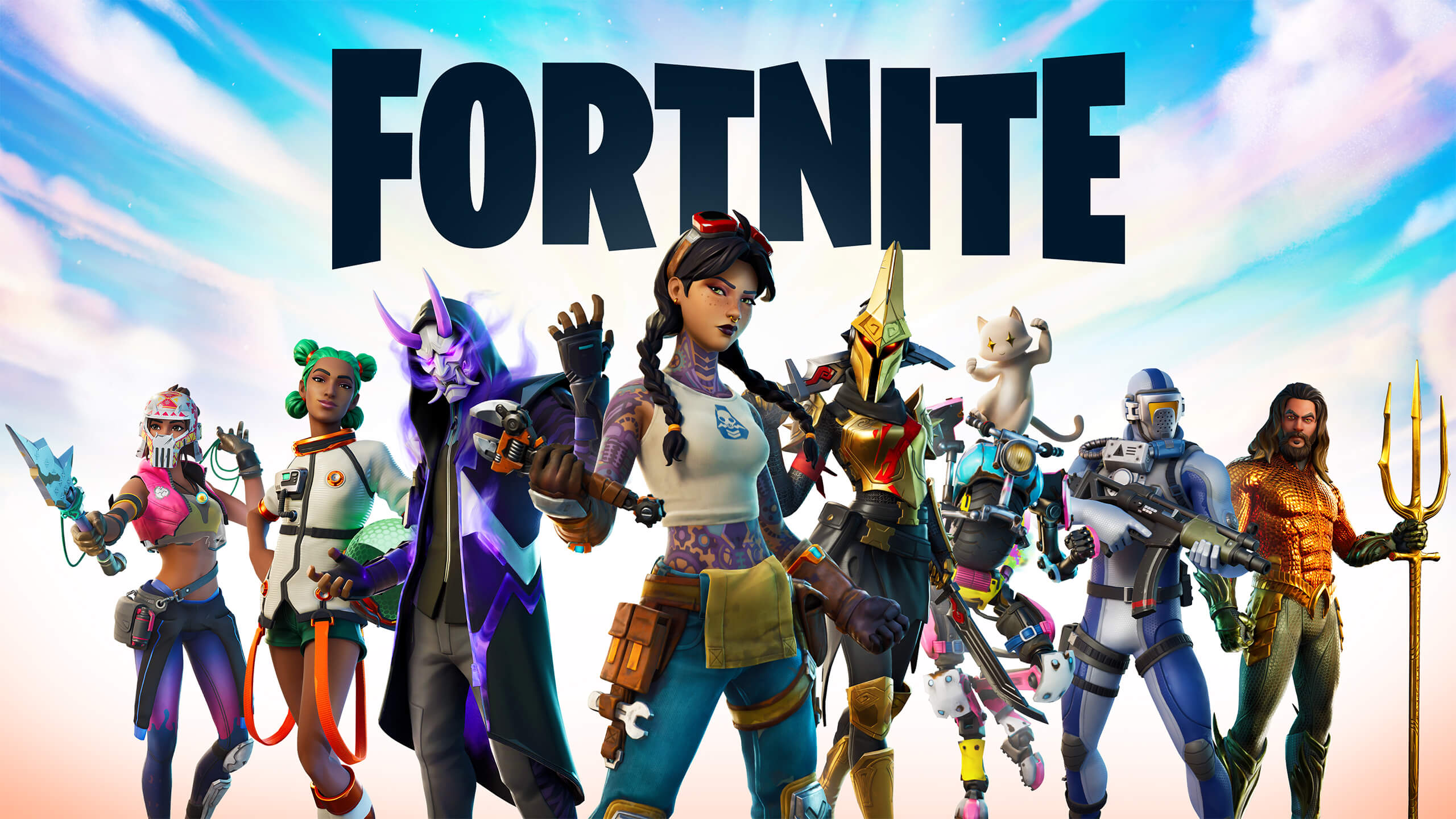


/cdn.vox-cdn.com/uploads/chorus_asset/file/13602008/VIDEOGAME_ADDICTION3.jpg)








